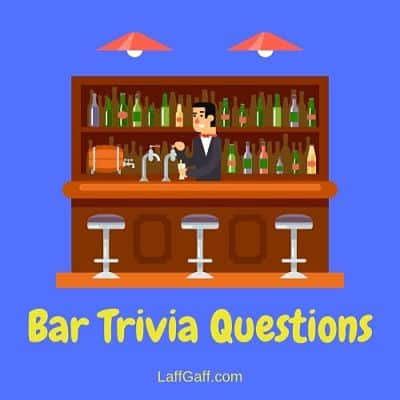Question: HTML is a language used to create web pages. What is HTML an acronym for?
Show answer
HyperText Markup Language.
HTML, an essential cornerstone of the World Wide Web, stands for “HyperText Markup Language.” It is the standard markup language used for creating and designing web pages, and it provides the foundational structure upon which the web is built.
The term “HyperText” refers to the method by which you can move around the web – by clicking on special text called hyperlinks which take you to the next page. The essence of the web lies in the interconnectedness of different pieces of content, and HyperText is the feature that facilitates this interconnected navigation.
“Markup Language” indicates that HTML is used to structure content on the web, defining things like paragraphs, headers, links, and other elements of a webpage. Unlike programming languages, which are used for computation, a markup language is about representation and structure. It annotates the content, signaling to web browsers how they should display it to users.
HTML consists of a series of elements, which you tell the browser by using tags. These tags, typically enclosed in angle brackets, surround the content and apply meaning to it, defining whether it’s a paragraph, a headline, an image, a list, a link, etc. For example, the <h1> tag indicates a primary headline, while the <p> tag denotes a paragraph.
The development of HTML has seen multiple versions over the years, each enhancing its capabilities. As the web evolved, so did HTML, with the addition of new tags and attributes. While the core concepts of HTML have remained consistent, the language itself has grown more powerful and versatile. It’s now used in tandem with CSS (Cascading Style Sheets) for styling and JavaScript for interactivity to deliver robust web experiences.
The importance of HTML cannot be understated. As the foundational language of the web, it’s the first thing many aspiring web developers learn. While tools and technologies have been developed to streamline web development, understanding the intricacies of HTML remains essential for anyone wanting to create content for the web or understand the inner workings of websites.



